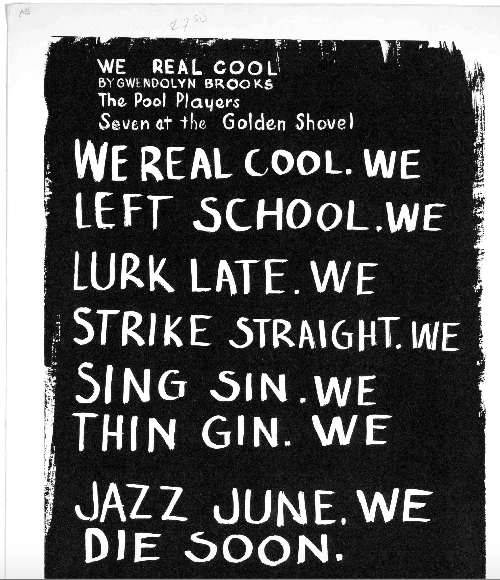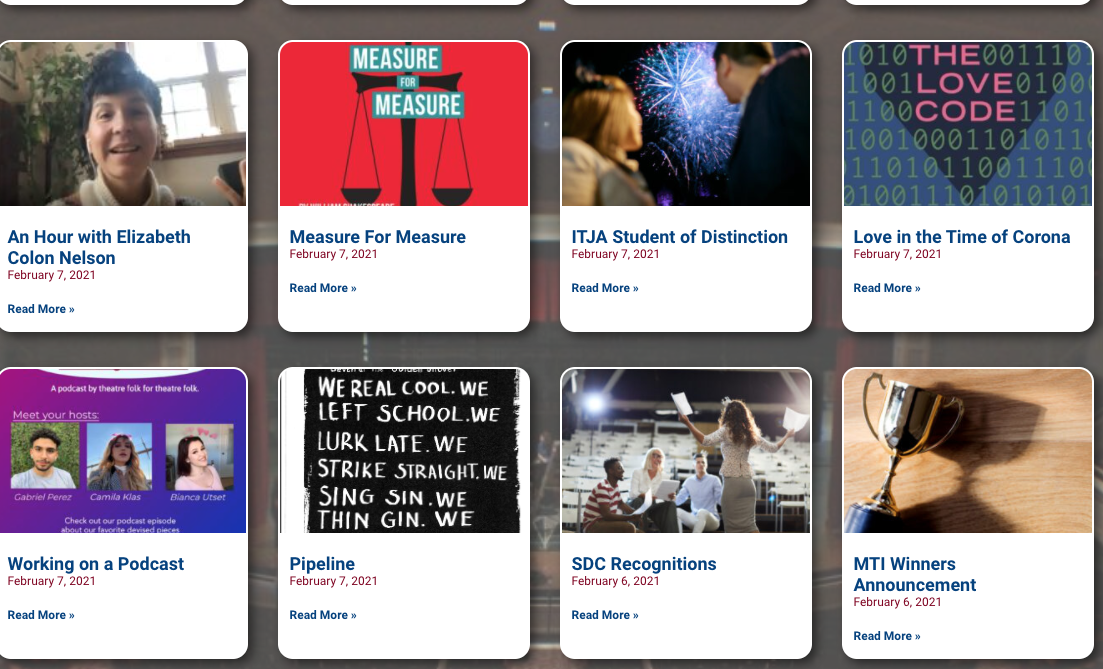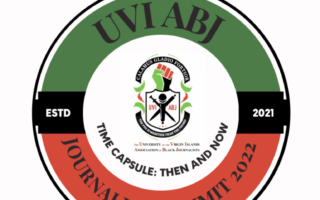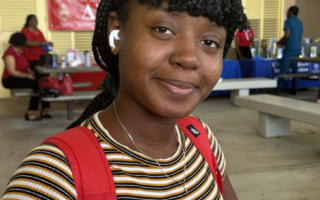 Six students n the Communication department participated in the 53rd annual Kennedy Center American College Theatre Festival Region IV (KCACTF4) in mid-February. They were selected as part of the initial Institute for Theatre Journalism and Advocacy (ITJA) program. Chosen, primarily for their demonstration of strong oral and written communication skills as well as leadership traits, George Francis, Kendrekus Jackson, Jada Roberts, Gretlyn Joseph, Hope Charles Pierre represented UVI as the only HBCU school in the ITJA division. During the intense sessions, Nadege Barber, a business major, and communication minor, engaged with specialists who embrace the technology and social media of the 21st century. She successfully promoted inclusion, diversity, and race relations on college campuses.
Six students n the Communication department participated in the 53rd annual Kennedy Center American College Theatre Festival Region IV (KCACTF4) in mid-February. They were selected as part of the initial Institute for Theatre Journalism and Advocacy (ITJA) program. Chosen, primarily for their demonstration of strong oral and written communication skills as well as leadership traits, George Francis, Kendrekus Jackson, Jada Roberts, Gretlyn Joseph, Hope Charles Pierre represented UVI as the only HBCU school in the ITJA division. During the intense sessions, Nadege Barber, a business major, and communication minor, engaged with specialists who embrace the technology and social media of the 21st century. She successfully promoted inclusion, diversity, and race relations on college campuses.
UVI students utilized journalism and advocacy skills to critique, observe and intrinsically interpret original playwriting, dramaturgy, and technical theatre productions by college students and established an impressive collaboration with the ITJA Coordinator and representative of RED (Representation, Equity, Diversity) Initiative.
Their critique of the play, ‘Pipeline’ is featured on the KACTF website (https://www.kcactf4.org/itja/4035/pipeline/) and appears below:
 “Breaking the fourth wall” with the use of production pre-recording on Zoom for streaming was a perfect way to present the acclaimed play, “Pipeline” by Dominique Morisseau. In response to the Covid19 pandemic and demonstration of theatre as a resilient artform, Marshall Jones III directed an ensemble cast of six Florida International University Theatre students – Ana Maria Gorayeb, Cameron Holder, Dayron Leon, Priscilla Montano, Emily Taylor-Madrid and Warren Welds.
“Breaking the fourth wall” with the use of production pre-recording on Zoom for streaming was a perfect way to present the acclaimed play, “Pipeline” by Dominique Morisseau. In response to the Covid19 pandemic and demonstration of theatre as a resilient artform, Marshall Jones III directed an ensemble cast of six Florida International University Theatre students – Ana Maria Gorayeb, Cameron Holder, Dayron Leon, Priscilla Montano, Emily Taylor-Madrid and Warren Welds.
The character Nya Joseph is an inner high school teacher who engages the audience several times throughout the 90-minute performance by speaking as though they were in a classroom. She offers her class, and the audience, an extended explanation of the poem “We Real Cool” by Gwendolyn Brooks and a glimpse into the dismal world of young teenage black men destined to ‘die soon.’ The projected imagery of graffiti scrawlings meshed with the musings of kids wasting their days in a pool hall instead of a classroom adds to the innovation of metatheatre. Brooks’ prophecy of doomed youth is a poignant theme throughout.
The imagery projected on-screen of graffiti scrawlings by teenage kids wasting their days in a pool hall instead of a classroom adds to the innovation of metatheatre.
Incorporating the work of the noted Blacks author Richard Wright provides historical relevance to the plight of young African American men, and the impact of racism on families of color in America.



